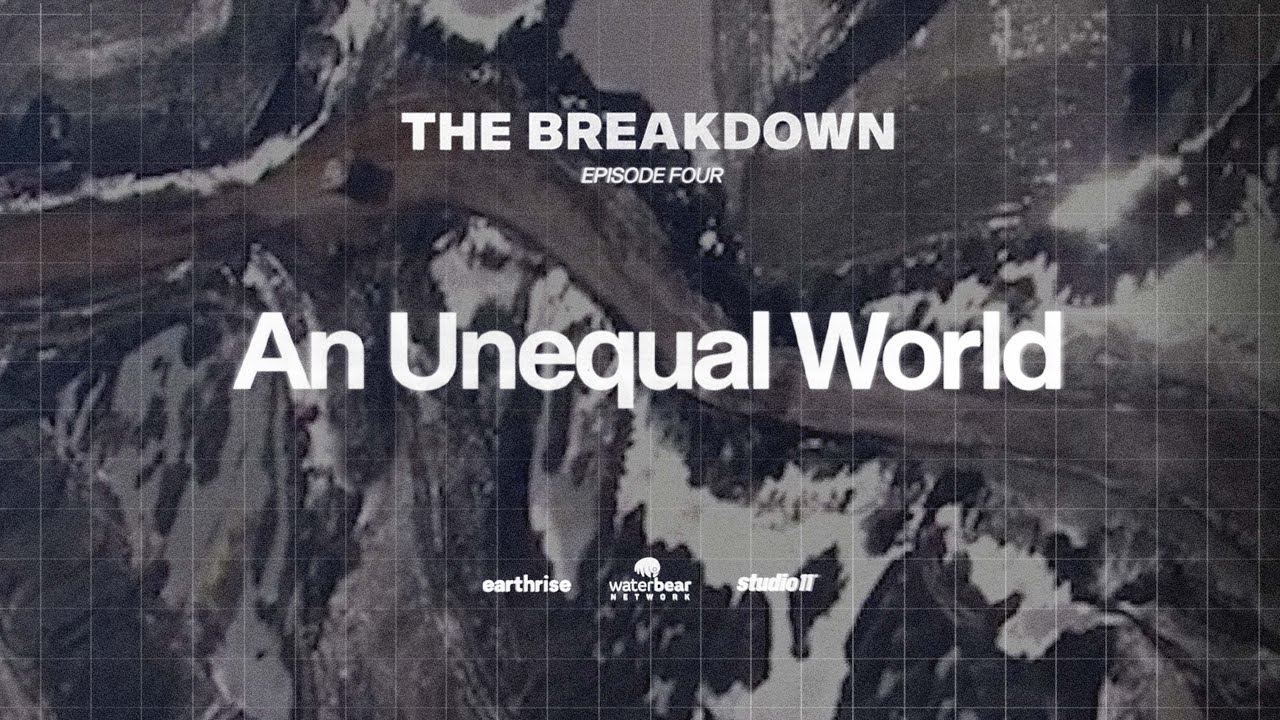The World's Largest Lesson Introduced by Malala Yousafzai
Summary
TLDRThis engaging script, narrated by Malala, emphasizes the urgent need to address global issues such as climate change, inequality, and poverty. It highlights the importance of protecting Earth and achieving the United Nations' 17 Global Goals for Sustainable Development by 2030. The script calls on individuals to contribute by making the goals famous, reducing waste, standing up for fairness, and coming up with creative solutions. It underscores the idea that by working together, we can create a safer, fairer, and more sustainable world for all.
Takeaways
- 🌍 We have a global mission to complete by 2030, which includes fighting inequality, extreme poverty, and respecting the planet.
- 🤝 Everyone can help achieve these goals by working together and being creative.
- 🌌 Earth is a unique planet with abundant life, but it faces serious challenges like climate change and inequality.
- 🌱 All living beings need basic resources like fresh water, clean air, and healthy food to survive.
- 🌡️ Climate change is damaging essential resources and altering weather patterns due to harmful human activities.
- ⚖️ Inequality means some people have far more than they need, while others live in extreme poverty without access to healthcare or education.
- 💡 Human creativity has the power to solve problems, and we have already made significant changes to the world.
- 🏛️ The United Nations has set 17 Global Goals for Sustainable Development, aimed at making the world safer, fairer, and more just.
- ⏳ We need to start working on these goals now, as 2030 is fast approaching.
- 🌍 Raising awareness about the Global Goals and finding practical ways to contribute, like reducing waste and advocating for human rights, can help achieve them.
Q & A
What is the urgent mission mentioned in the video that must be completed by 2030?
-The urgent mission is to fight inequality, eliminate extreme poverty, and protect the planet by achieving the United Nations' Global Goals for Sustainable Development by 2030.
Who is the speaker, and why is their message important?
-The speaker is Malala Yousafzai, a Nobel Prize-winning advocate for education and human rights. Her message is important because she calls for global action to address critical issues like climate change, poverty, and inequality.
What analogy is used to describe Earth in the context of space?
-The analogy describes Earth as a tiny island in space, a rare and unique planet that supports life in contrast to many other lifeless, hostile planets.
What are the two main problems facing humanity according to the video?
-The two main problems are climate change, which is damaging the planet's resources, and inequality, where a significant portion of the population lives in poverty without access to basic needs like healthcare and education.
How does the video suggest we can solve these problems?
-The video suggests that human creativity and collaboration can solve these problems. It encourages us to work together, come up with new ideas, and adopt sustainable practices.
What role do the United Nations and the Global Goals play in addressing these challenges?
-The United Nations has created the Global Goals for Sustainable Development, which are 17 objectives designed to address climate change, inequality, and poverty. Achieving these goals requires global cooperation and commitment by 2030.
What are some practical steps individuals can take to help achieve the Global Goals?
-Individuals can help by reducing waste, conserving water and electricity, advocating for human rights, and raising awareness about the Global Goals. Every small action contributes to protecting the planet and promoting fairness.
Why is creativity emphasized as a key to solving global problems?
-Creativity is emphasized because humans have the ability to come up with innovative solutions. Our history of problem-solving and invention shows that we can tackle even the biggest challenges if we think creatively.
What does the video say about the connection between all life on Earth?
-The video highlights that all life on Earth, from plants to humans, is interconnected. We depend on shared resources like water, air, and food, and must care for the planet to sustain life for everyone.
How does the video encourage people to spread awareness about the Global Goals?
-The video encourages people to learn about the 17 Global Goals and spread the word to others, creating a ripple effect of awareness and action. It stresses that collective effort is essential to achieving these goals.
Outlines

Esta sección está disponible solo para usuarios con suscripción. Por favor, mejora tu plan para acceder a esta parte.
Mejorar ahoraMindmap

Esta sección está disponible solo para usuarios con suscripción. Por favor, mejora tu plan para acceder a esta parte.
Mejorar ahoraKeywords

Esta sección está disponible solo para usuarios con suscripción. Por favor, mejora tu plan para acceder a esta parte.
Mejorar ahoraHighlights

Esta sección está disponible solo para usuarios con suscripción. Por favor, mejora tu plan para acceder a esta parte.
Mejorar ahoraTranscripts

Esta sección está disponible solo para usuarios con suscripción. Por favor, mejora tu plan para acceder a esta parte.
Mejorar ahoraVer Más Videos Relacionados

UN Chief on SDG Moment | Sustainable Development Goals | United Nations

Malala introducing the The Worlds Largest Lesson HD | Global Goals

Climate Justice is Social Justice

Presentación de los Objetivos de Desarrollo Sostenible (ODS) - Subtitulado

Why Are Mental Health Disorders on the Rise?

NASIB DUNIA DI UJUNG TANDUK! Beginilah Konsekuensi Nyata dari Perubahan Iklim Global
5.0 / 5 (0 votes)
